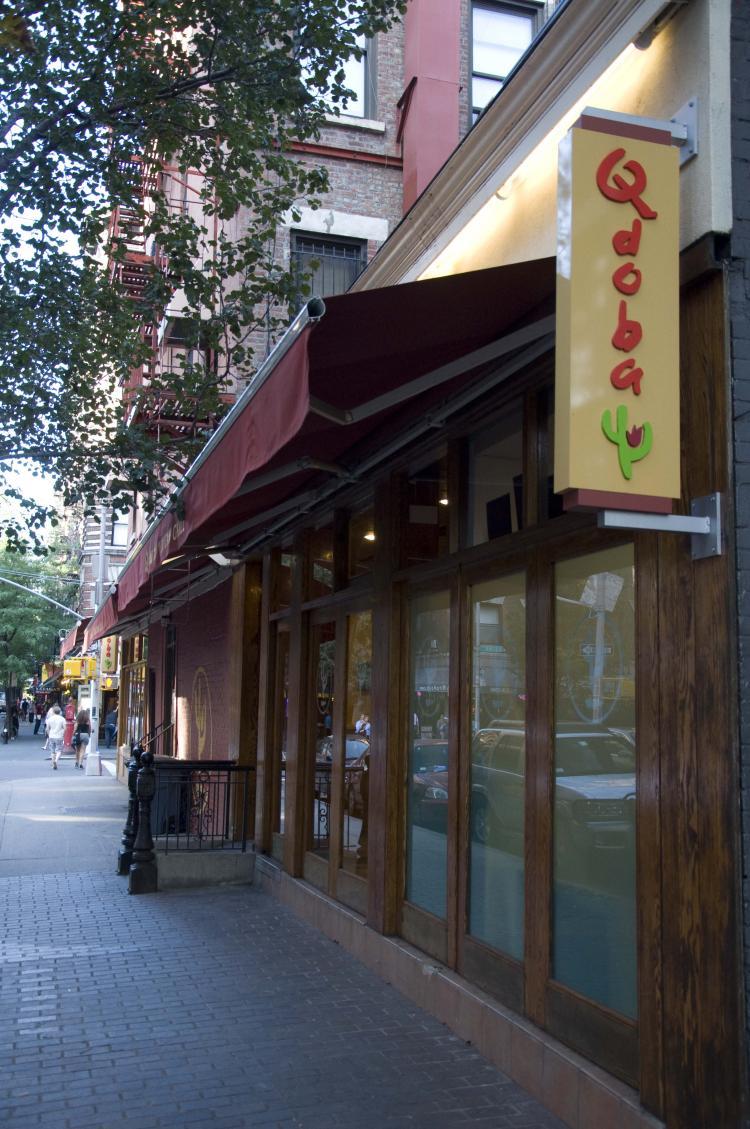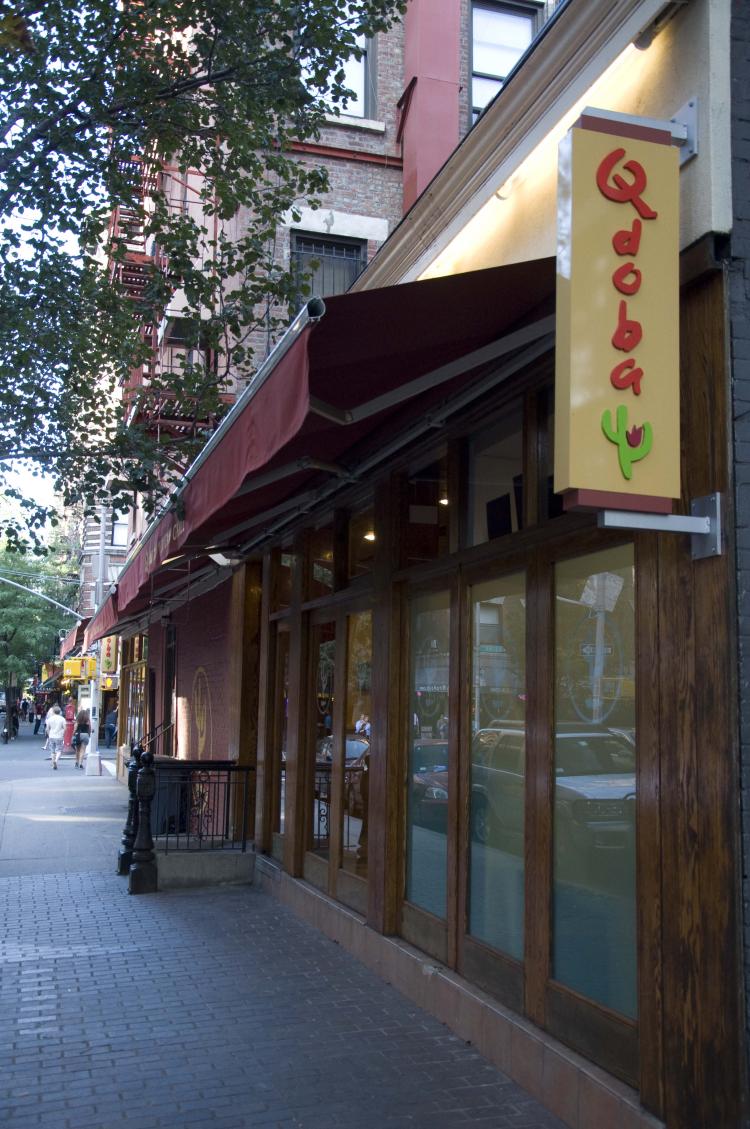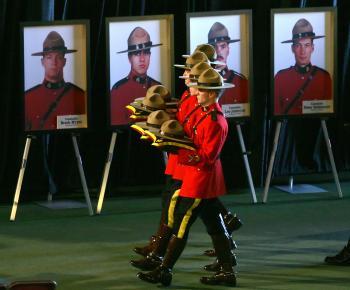VANCOUVER—Long-time American franchises in Canada such as McDonald’s, Wendy’s, and Baskin Robbins all share one thing in common—they are successful giants in the Canadian market.
But since the onset of the recession, several other big American franchisors are looking at expanding into Canada, including Buffalo Wild Wings, famous for its chicken wings, burgers, and wraps, and Qdoba Mexican Grill.
“We have a recession here, but we don’t have one that’s as painful as the U.S. right now—our economy seems to be in better shape than theirs,” says Larry Weinberg, a Toronto-based lawyer specialized in franchising.
“So I think for those reasons, many American franchisors are looking now—maybe for the first time in many cases—outside of their own country for opportunities to expand, because there’s not much going on in the United States.”
Weinberg says that because of the many similarities between the two countries such as language, culture, and art, Canada has always been an attractive market for American franchising chains.
“Many Americans look at Canada as the natural extension of their domestic U.S. market.”
Weinberg will co-chair the American Bar Association’s 32nd Annual Forum on Franchising Conference, taking place October 14-16 at the Westin Harbour Castle Hotel in Toronto. Franchise lawyers from the U.S. and Canada will discuss industry and legal opportunities and challenges at the conference.
He says franchises tend to do well in a recession because there is a greater pool of people who are looking to become franchisees—people who have lost their job and may have a severance package at their disposal.
“When they can’t find a job and they need to find themselves some work, maybe the way they do that is they eventually buy themselves a job—they buy a franchise.”
Buying a US franchise is not much different than buying a Canadian one as all franchise businesses are subject to federal and provincial franchising laws, which may vary from province to province.
Greg Kells, president of Ottawa-based Sunbelt Business Brokers Inc. (Canada), represents over 50 of the larger franchisors in the country, including Dairy Queen, Swiss Chalet, and Subway.
“The two big questions when you buy a franchise are firstly, how good is the support from the franchisor, and secondly, how good will the location be,” Kells says.
A franchise is an especially good choice for people who do not have business experience, Kells explains, because the outgoing franchisor provides support such as training, marketing programs, operating systems, and computer technology.
“With a franchise it’s easier for someone to step in and make it work,” he says, adding that those who go into franchising in Canada have on average an 85 percent chance of success.
But as with any business venture, there’s an element of risk involved, and Weinberg cautions against thinking “it’s like buying a car—I turn the key and it’s going to run.”
“It doesn’t work that way. You have to put time and effort, sweat and money into it, and there’s still no guarantee you’re in the right spot.”
And while a franchise may have been very successful south of the border, that’s no guarantee that the same level of success will be achieved here.
Starting an entirely new franchise carries the greater risk, says Weinberg. But it may also provide a bigger opportunity “because you can get in on the ground floor of the next greatest thing.”
Weinberg advises prospective franchisees to hire a good professional who knows the franchising business well because of the significant amount of time and investment involved.
“It’s a contract that commits you to running a business for 10 years, 20 years. You’d better love what you’re doing, and you’d better know it well.”
But since the onset of the recession, several other big American franchisors are looking at expanding into Canada, including Buffalo Wild Wings, famous for its chicken wings, burgers, and wraps, and Qdoba Mexican Grill.
“We have a recession here, but we don’t have one that’s as painful as the U.S. right now—our economy seems to be in better shape than theirs,” says Larry Weinberg, a Toronto-based lawyer specialized in franchising.
“So I think for those reasons, many American franchisors are looking now—maybe for the first time in many cases—outside of their own country for opportunities to expand, because there’s not much going on in the United States.”
Weinberg says that because of the many similarities between the two countries such as language, culture, and art, Canada has always been an attractive market for American franchising chains.
“Many Americans look at Canada as the natural extension of their domestic U.S. market.”
Weinberg will co-chair the American Bar Association’s 32nd Annual Forum on Franchising Conference, taking place October 14-16 at the Westin Harbour Castle Hotel in Toronto. Franchise lawyers from the U.S. and Canada will discuss industry and legal opportunities and challenges at the conference.
He says franchises tend to do well in a recession because there is a greater pool of people who are looking to become franchisees—people who have lost their job and may have a severance package at their disposal.
“When they can’t find a job and they need to find themselves some work, maybe the way they do that is they eventually buy themselves a job—they buy a franchise.”
Buying a US franchise is not much different than buying a Canadian one as all franchise businesses are subject to federal and provincial franchising laws, which may vary from province to province.
Greg Kells, president of Ottawa-based Sunbelt Business Brokers Inc. (Canada), represents over 50 of the larger franchisors in the country, including Dairy Queen, Swiss Chalet, and Subway.
“The two big questions when you buy a franchise are firstly, how good is the support from the franchisor, and secondly, how good will the location be,” Kells says.
A franchise is an especially good choice for people who do not have business experience, Kells explains, because the outgoing franchisor provides support such as training, marketing programs, operating systems, and computer technology.
“With a franchise it’s easier for someone to step in and make it work,” he says, adding that those who go into franchising in Canada have on average an 85 percent chance of success.
But as with any business venture, there’s an element of risk involved, and Weinberg cautions against thinking “it’s like buying a car—I turn the key and it’s going to run.”
“It doesn’t work that way. You have to put time and effort, sweat and money into it, and there’s still no guarantee you’re in the right spot.”
And while a franchise may have been very successful south of the border, that’s no guarantee that the same level of success will be achieved here.
Starting an entirely new franchise carries the greater risk, says Weinberg. But it may also provide a bigger opportunity “because you can get in on the ground floor of the next greatest thing.”
Weinberg advises prospective franchisees to hire a good professional who knows the franchising business well because of the significant amount of time and investment involved.
“It’s a contract that commits you to running a business for 10 years, 20 years. You’d better love what you’re doing, and you’d better know it well.”





